Recently, the topic of Islamized Armenians (Crypto-Armenians or Hidden Armenians) in Turkey has drawn more attention. Thousands of Armenians who are not aware of their Armenian background or only lately learned about it reside in the country.
“Turkey, the Legacy of Silence” documentary recounts about these people. The movie was authored by young French journalists-documentarists Anna Benjamin and Guillaume Clere.
Anna told Mediamax she is Armenian – her ancestors survived the Genocide and put down roots in France, however, they never spoke to her about it. Learning the truth after longstanding silence, along with like-minded people Anna decided to let the world know such stories of other people.
Driven by the desire to regain the franchise to the descendants of Armenians who survived the Genocide they devised a project of a documentary, which will go on French TV screen and on Internet.
The movie tells the story of four people who learned about their Armenian background only at a mature age and presents the change it brought into their lives thenceforth.
The first hero is Turkish rock musician Yasar Kurt. At the age of 39 (in 2007) his fathered revealed to him his being Armenian, and not Turkish. Yasar started learning Armenian language and admitted things were quite rough for him.
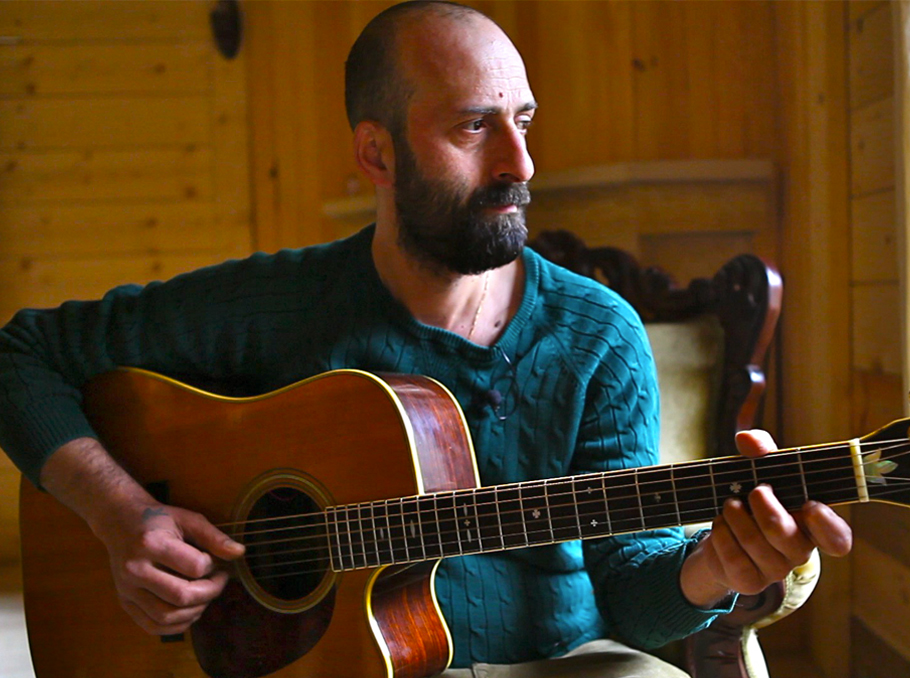 Yasar Kurt
Yasar KurtPhoto: Film directors' archive
“When we contacted him to arrange a meeting he invited us to a village in the mountains to the north-east of Turkey, 4000 km from Istanbul saying it is his ancestors’ village. He said that prior to that he possessed no information regarding his origins. His knowledge of that was limited to one of his ancestors named Ismail who was said to come from Van. Along with Yasar, we traveled to Van – the movie shows it”, said Guillaume.
The next hero of the movie is 54-year-old Armen Demirciyan from Diyarbekir who works at St. Giragos Church. His father Hagop who was four during the Armenian Genocide was saved by a Kurdish family and was converted to Islam. Armen learned about his Armenian origins at the age of 25, however, kept it secret for many years and only recently – after his father’s death – started speaking of his Armenian roots in public. The majority of his family members were massacred in 1915.
Armen is Muslim but at the same time, he is the keeper of the Armenian Church in Diyarbekir reconstructed a few years ago. Armenians or Turks of Armenian origin go to this church. Thus, the church has brought together the small Armenian community. Armen welcomes each person attending the church and does not lose his hope to get to know more about his ancestors, “Here, I am Armenian”, he said.
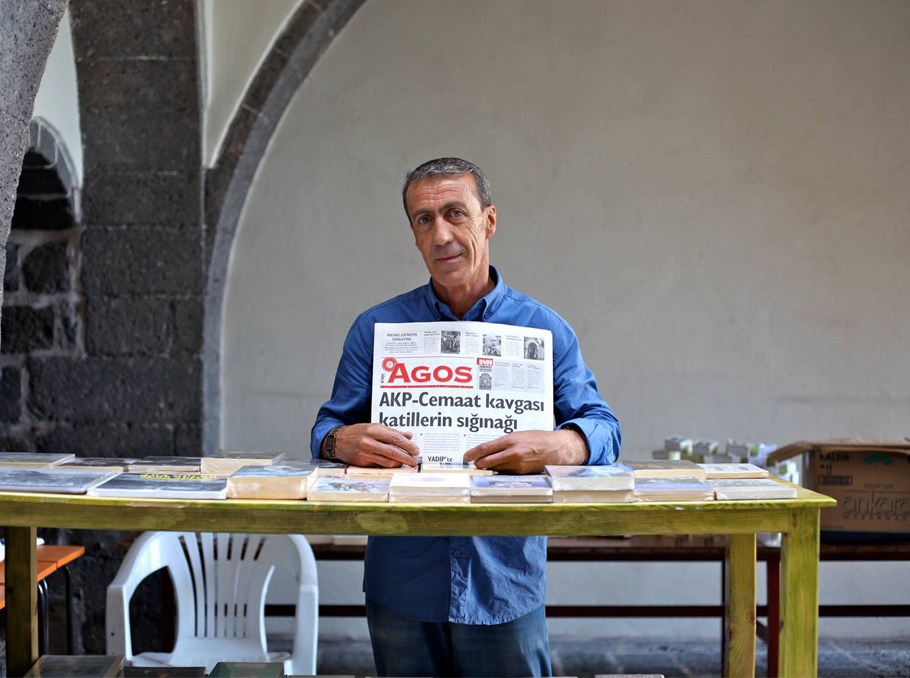 Armen Demirciyan
Armen DemirciyanPhoto: Film directors' archive
For him, being Armenian is experienced primarily through the language, which he is learning thanks of course to Armenian classes, but also thanks to his cultural activity of distributing the Turkish-Armenian newspaper Agos, and his historical activities of deciphering documents and taking care of the church. He does all of this for his father, who he hopes would be proud.
Nazli Bal is 36. She was born in a small village in Dersim and found out about her Armenian roots when 16. Her paternal grandfather, Sarkis, escaped from the caravans leading Armenians through the desert to a certain death.
For great while, she struggled for her son to have an opportunity to attend an Armenian school and brought a case before the court against authorities as they were opposing to it. According to Turkish laws, only an Armenian can attend an Armenian school. Nazli lacked any documents that could provide evidence for her origin. She is presently learning to read and write in Armenian.
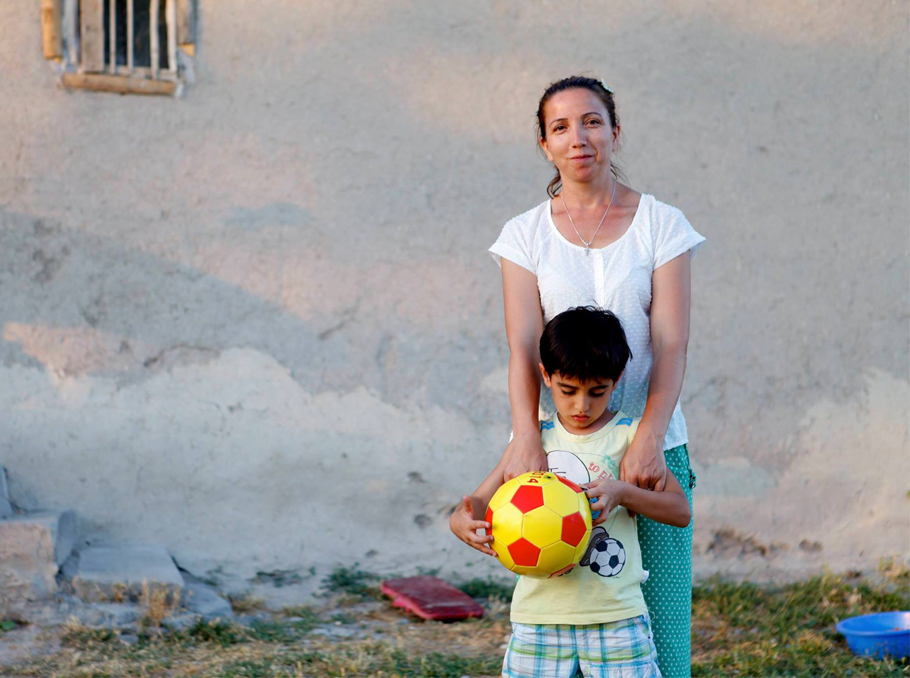 Nazli Bal with her son
Nazli Bal with her son Photo: Film directors' archive
“All our heroes admit it’s been pretty heavy going for them after revealing the truth about who they actually are. The mother of one of the heroes constantly communicated her son about her fears to be killed but never spoke about what had dispelled those fears in her. They would sometimes hear certain phrases, fragments from talks. One of heroes – Dogukan – once overheard her grandma crying while washing the dishes and lamenting over something in some unknown language. His inquiries remained unanswered and only years later he came to know that the unfamiliar language was Armenian”, said Anna.
22-year-old Dogukan Çolak made a symbolic decision to convert to Christianity. He belongs to one of the Armenian clans that have always married among themselves to secretly preserve a part of their culture.
Dogukan was baptized and took the name Sevak in honor of Sevak Sahin – s soldier of Armenian descent murdered by a comrade-in-arms in Turkish Army on April 24, 2011.
In different parts of Turkey the matters stand differently with Islamized Armenians. For example, it is much easier to acknowledge your Armenian origins in Diyarbekir than in Istanbul. The authors of the movie met people who admitted their Armenian background but preferred not to speak about it as it might arouse certain difficulties at work or among friends.
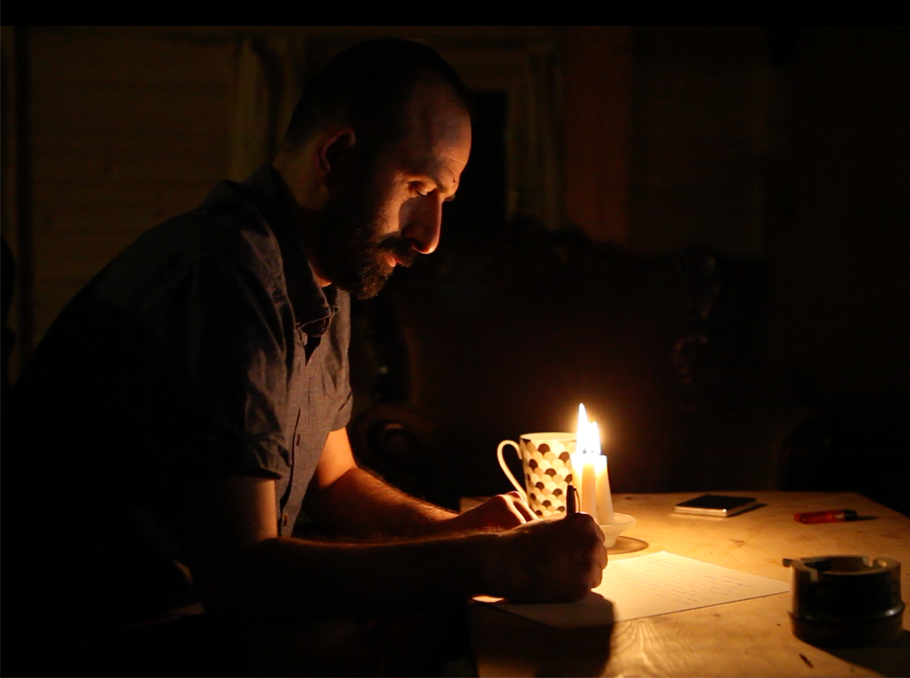 Yasar Kurt
Yasar KurtPhoto: Film directors' archive
“We got to know an Armenian professor in Diyarbekir. When talking to us he started to cry – he said his son studies in his class and during classes he is forced to tell him the Genocide occurred through the fault of Armenians. But at home, he tells the son the truth – what actually happened”, said Anna.
The matters stand most difficult with civil servants, professors, policemen, and Turkish Army soldiers and officers of Armenian background. It is utmost difficult for them to acknowledge their Armenian roots.
The authors of the movie believe the Armenian community in Istanbul lives in an atmosphere of anxiety and whenever they are to say they are of Armenian descent their first reaction is suspicion. These people have got used to shielding themselves and their families for years and it’s hard for them to overstep the limits of their own circle.
Five experts – historians and anthropologists from France and Turkey – were also engaged in the movie. Among them was popular Turkish lawyer and writer Fethiye Cetin who is the author of much-talked-of “My Grandmother” book – a recounting of the story of her Genocide surviving grandmother who kept it from the granddaughter and revealed her Armenian background to her only years later. The book was published in 2004 and translated into several languages, including Armenian.
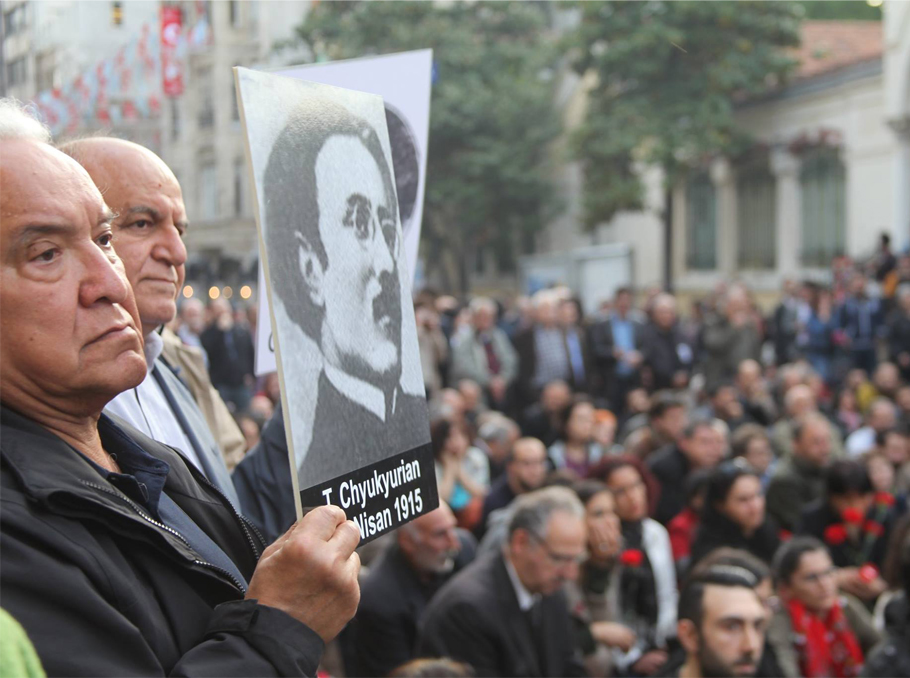
Photo: Film directors' archive
Anna and Guillaume plan to broadcast the 52-minute documentary on French channels, and five different episodes will be available on the net.
“As to Internet, first off, we want our movie to reach young people and individuals who are not aware of the Armenian Genocide and to awake their interest in it. We spent several months with our heroes and many other people, and our movie is an attempt to show their evolution and changes in their outlook”, they noted.
Presently the authors are raising funds to bring their work to a close. In case of succeeding in it, they are planning to screen the movie at festivals in Turkey, Armenia, France and a number of other countries. The Internet version will come out in April, on the threshold of the Armenian Genocide Centennial. Anna and Guillaume hope it is just the beginning.
Those wishing to contribute to the movie should follow this link.
Aram Araratyan














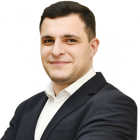

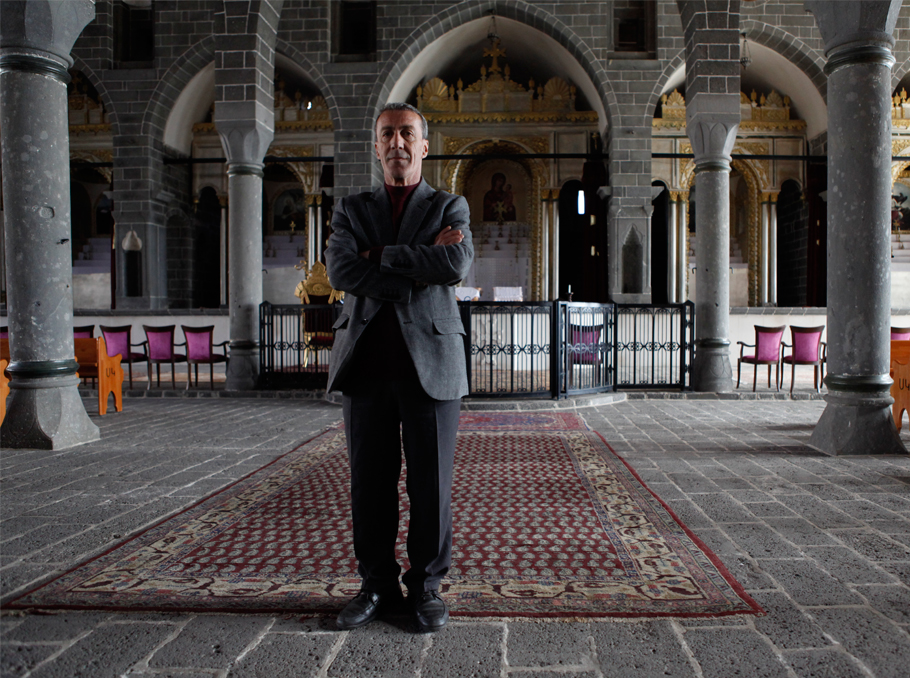

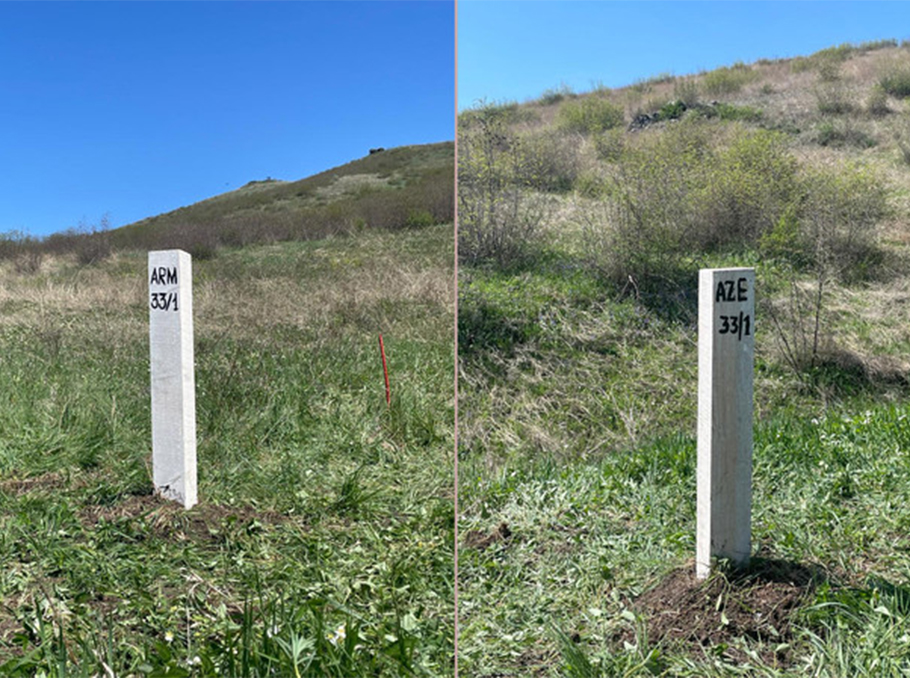
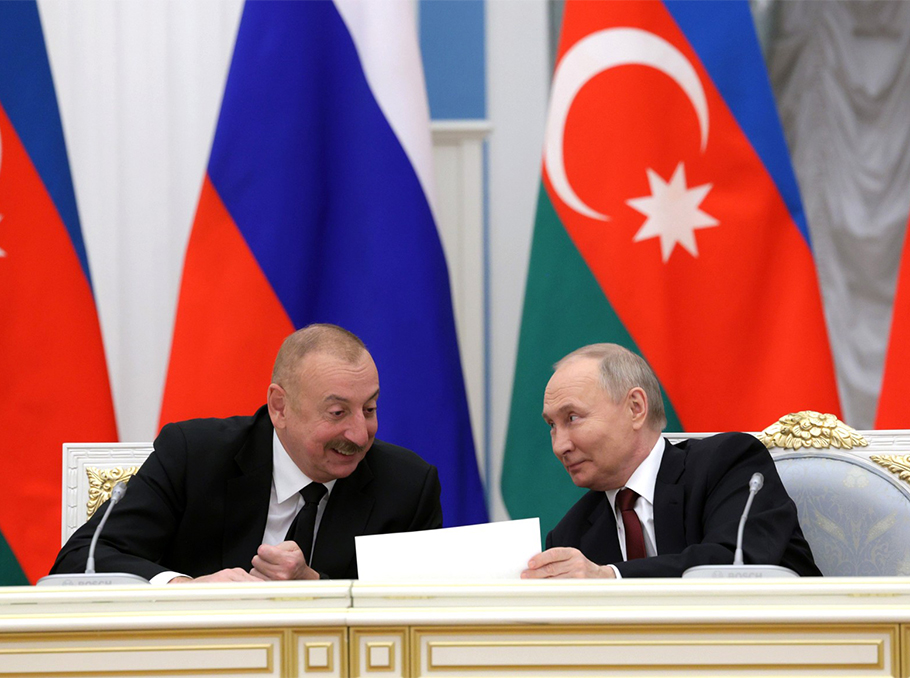
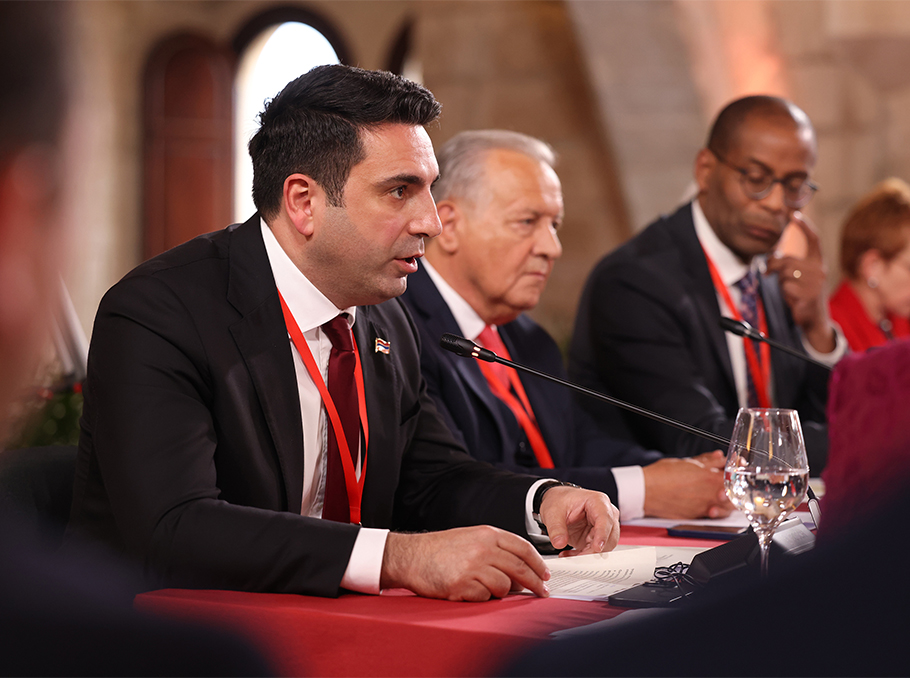





Comments
Dear visitors, You can place your opinion on the material using your Facebook account. Please, be polite and follow our simple rules: you are not allowed to make off - topic comments, place advertisements, use abusive and filthy language. The editorial staff reserves the right to moderate and delete comments in case of breach of the rules.